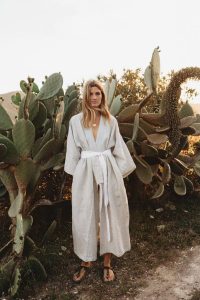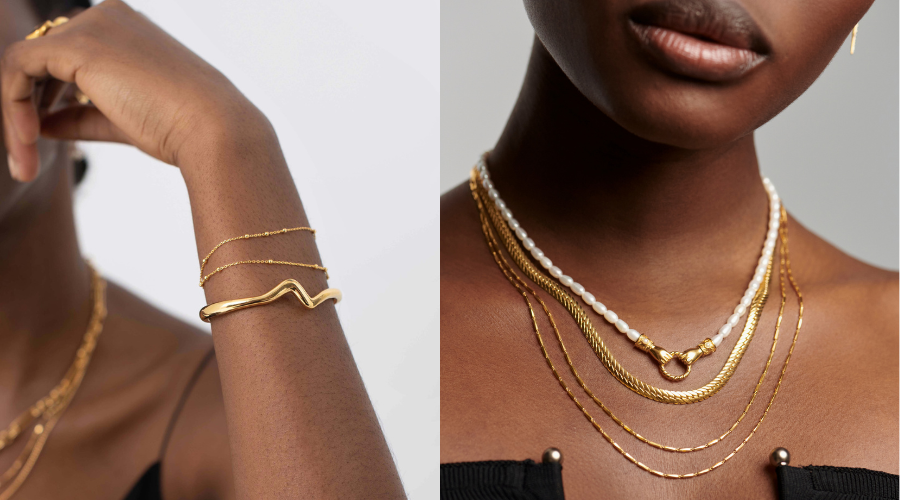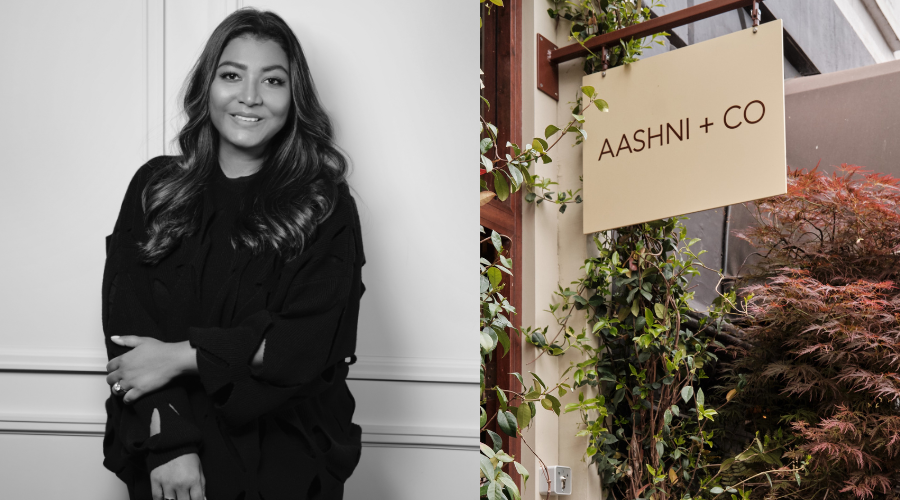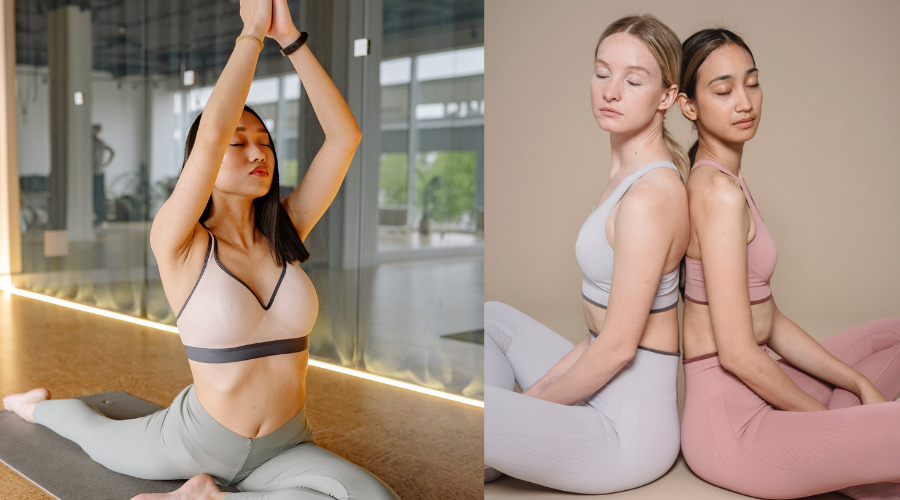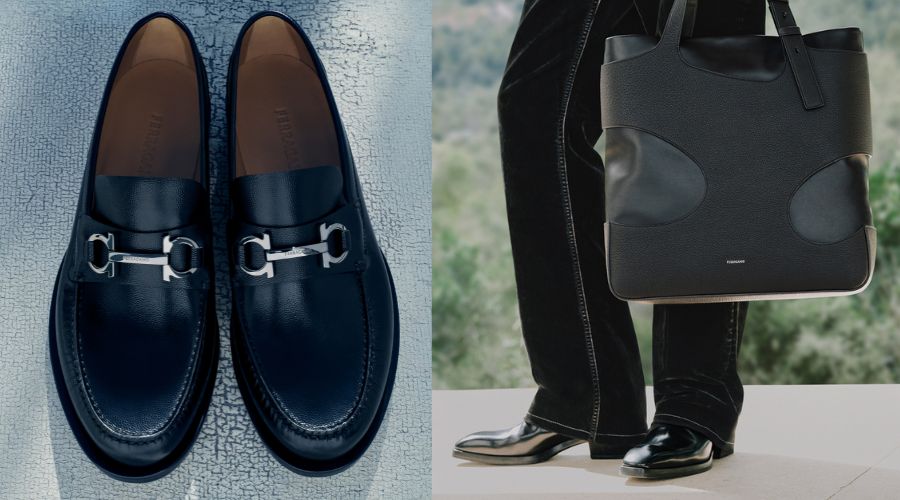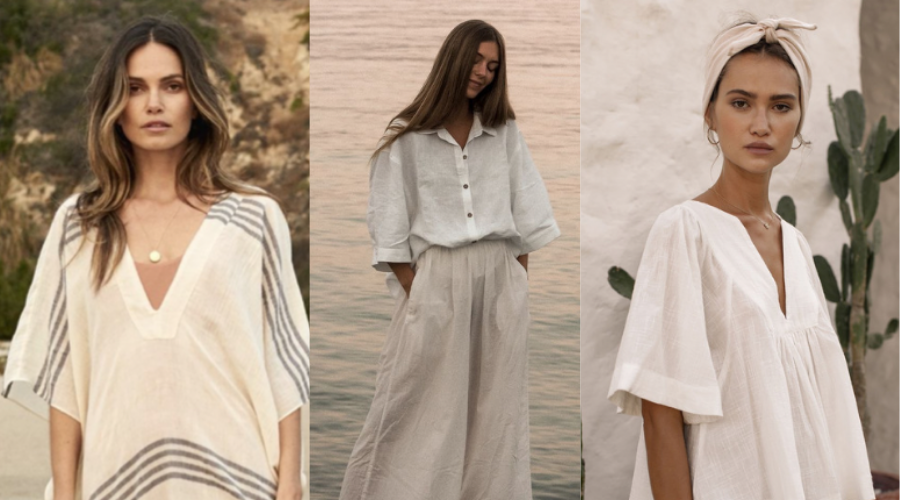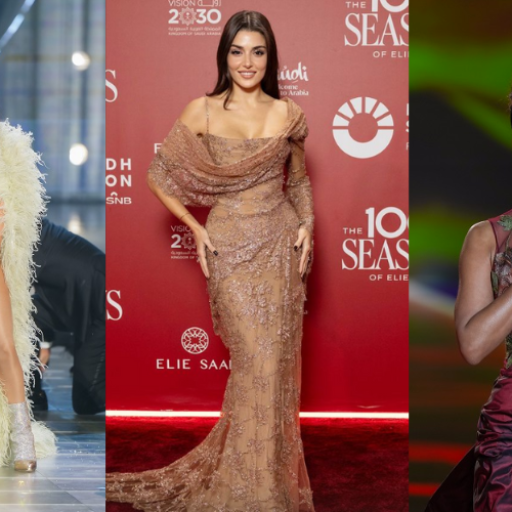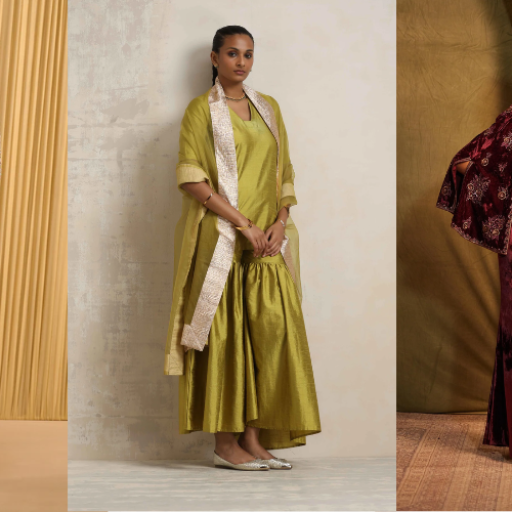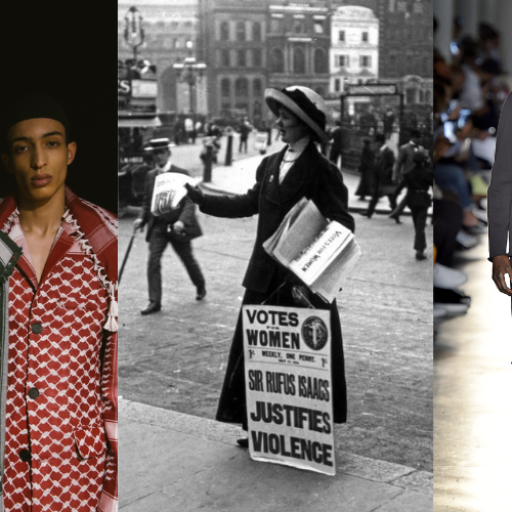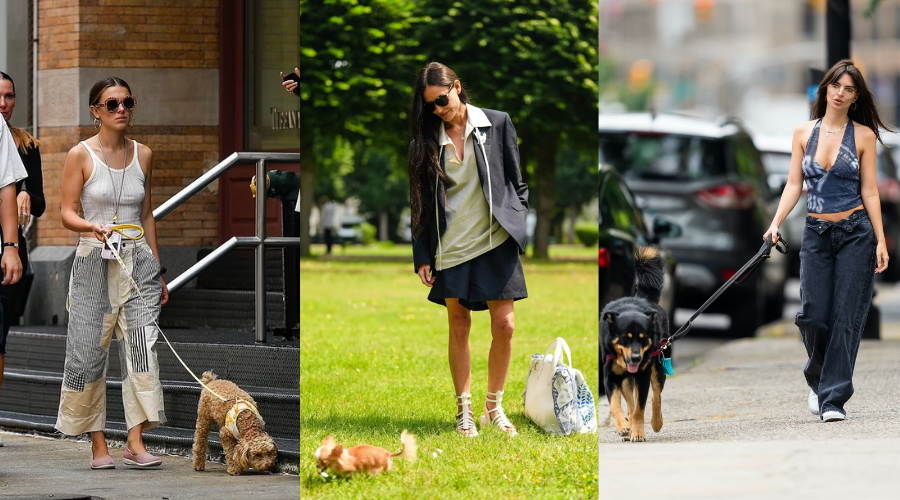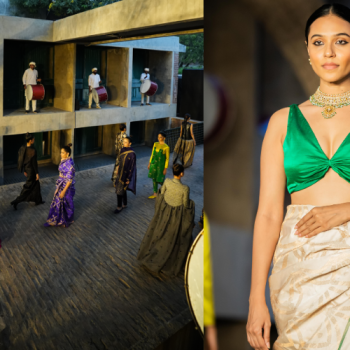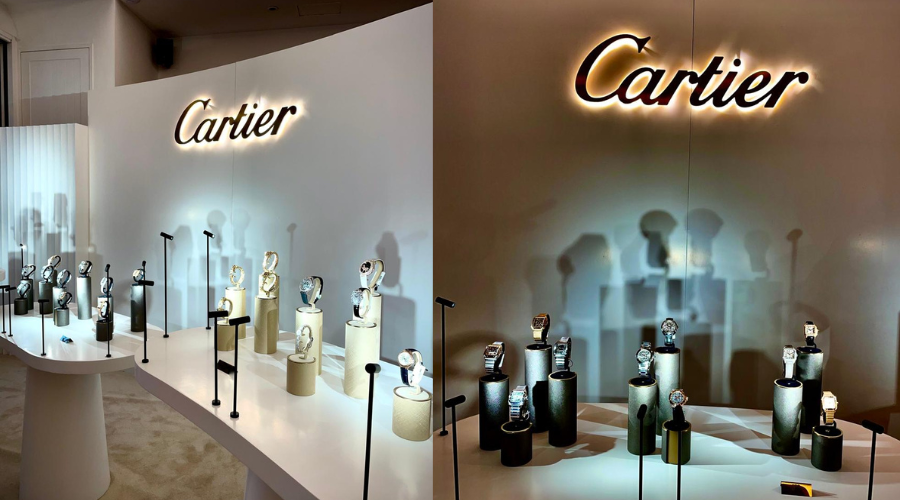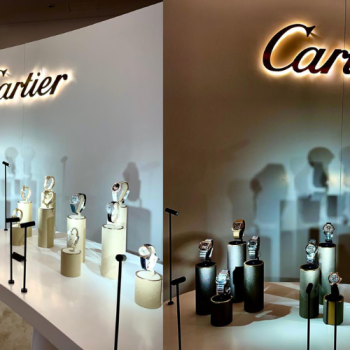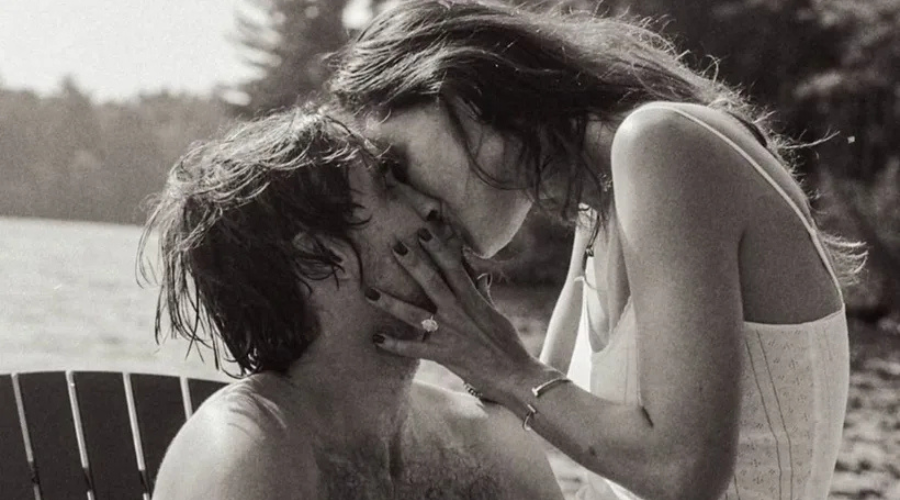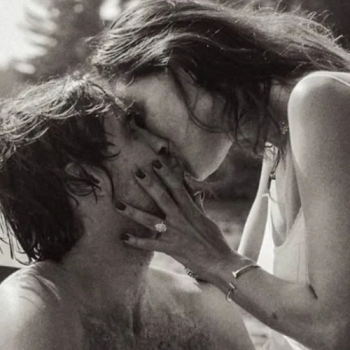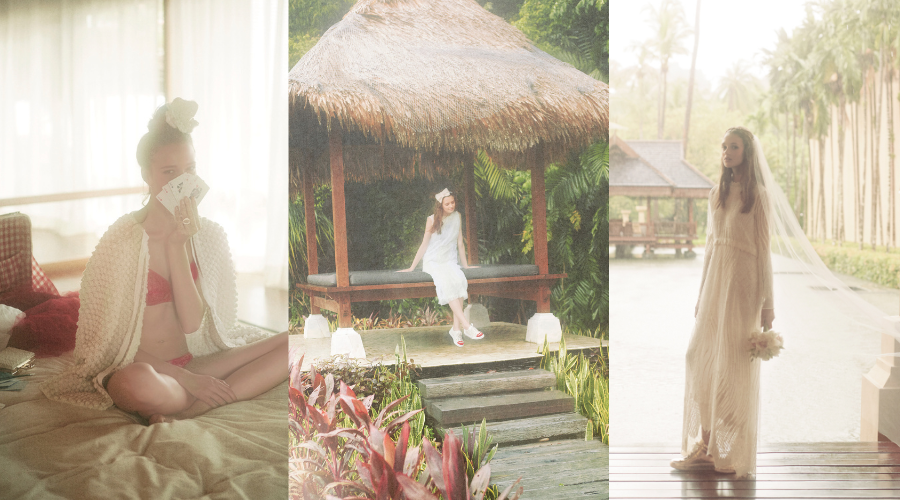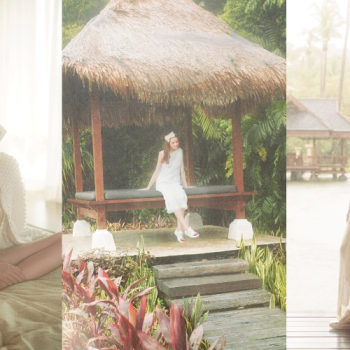Ever since social media captured a major chunk of our daily 24-hour allowance, there has been a shift. From newsy content that keeps you ready with facts on your fingertips to curated fashion flat lays, there’s no end to it. And in times of a global pandemic, our dependency on technology as an emblem of escape has hit the roof. While there’s a plethora of beautified text that tells us to take care of ourselves mentally, others present us with calming imagery. It’s easy to find ourselves being pushed down a rabbit hole of aesthetically put-together sheet masks, honey-infused hair oils and people glazing serums just like doughnuts meet icing. And now, self care has found its way into our closets and might we say—perfect timing.
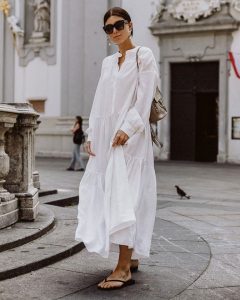
Running parallel with the high-utility and comfort of loungewear, it’s almost as if zen fashion is the modish sibling of sweatpants. Think earthy linen jumpsuits, anti-fit shirt dresses, XXL fluid white shirts and breathable Tevas sandals.
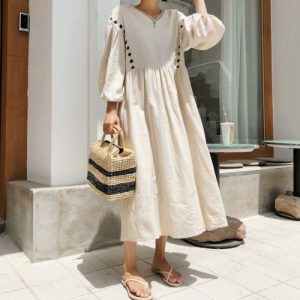
Here’s what Narresh Kukreja, Creative Director of Shivan & Narresh had to say about zen clothing: “The ‘look good, feel good’ ideology is now being reversed through more anti-fit clothing and free-flowing silhouettes that are away from the body. Necklines are wider, relaxed and there is a natural inclination towards organic fabrics that feel good against the skin, giving an added sense of ease and relaxation. Zen fashion meets the ideal requirement of the current scenario, where even if you are relaxing and have a sudden work meeting to attend, you can look both comfortable and stylish at the same time. I think that’s what also makes this the right time for zen fashion to really come up as a trend and stay relevant in our lives at least for the following months to come.”
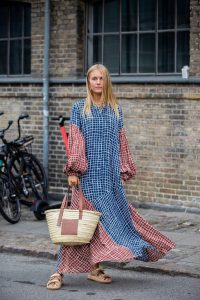
Also known as ‘wellness clothing’, the basic idea of zen fashion is to pretend like you’re at a holiday retreat or a getaway for meditation even if you’re home re-watching Gilmore Girls. This mood transcending into silhouettes often takes the form of pristine khakis, whites, sky blues, ecru in fabrics and textiles that spell relaxation. Elaborating on this frame of mind is Pallavi Singhee of Verb who shares, “The pandemic brought with it, a sense of being homebound. With this, zen fashion has taken over by quantum strides and it’s here to stay. We are experiencing a paradigm mindset shift and fashion being intrinsically connected with the consumer and societal attitudes is influenced by it as well. It is said to be a reflection of our lifestyle and the world in which we exist. So, as we dive into the new mantra of ‘dress to destress’, zen fashion is here to stay.”

While baggy band tees can be your constant choice each morning, they can subconsciously plug-in thoughts of sleep through the day. Wellness clothing lends your mind relaxation with aid from silhouettes that are calmer in tones and lighter to hold. Ace fashion designer Kunal Rawal shares, “Fashion can sometimes be overwhelming but with everything happening around the world I think it’s important to wear clothes that help you stay calm and keep you comfortable. It is truly amazing that an item of clothing can help someone release anxiety. The attributes of zen fashion make it very easy to be incorporated in one’s daily outfits by moving to smaller, softer motifs and even layering with flowy pieces such as a long cape.” Adding further on how to incorporate the ‘zen look’ in our everyday style, Narresh continues, “Another comfortable choice could be playing around with non-bodycon styles: kimono tops, oversized shirts, A-line silhouettes, trapeze shirts and dresses—these are the sort of relaxed fits one could look for.”
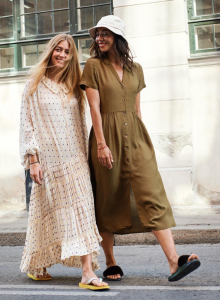
But does our choice of clothing really impact our level of anxiety? We turned to Ridhi Golechha, a counselling psychologist and a holistic health practitioner for her views. “There is a relationship between what we wear and our emotional state. Enclothed cognition is a term that relates to the effect which clothing has on our mental processes and the way we think, feel and function, especially in areas like confidence, mindfulness and creativity,” she shares. Riddhi further states that “When we look at resort wear, our heads are seeking connection to nature. The neutral tones used in zen fashion tend to have a calming effect on our psyche because we frequently see them represented in nature. This immediately creates an increased state of calmness that increases mindfulness. The trend is associated with creative, liberal, youthful and free-spirited energies.”

Shaping itself as the unofficial uniform for downtime, zen fashion harbours the potential to bring about a positive change. Especially when you’re reminded to stay home every two minutes. Whether you’re inclined towards donning that non-constricting Broderie Anglaise dress or simply slipping into its trapeze form, think of zen fashion quite literally. It’s all about looking and feeling ‘zen’.
